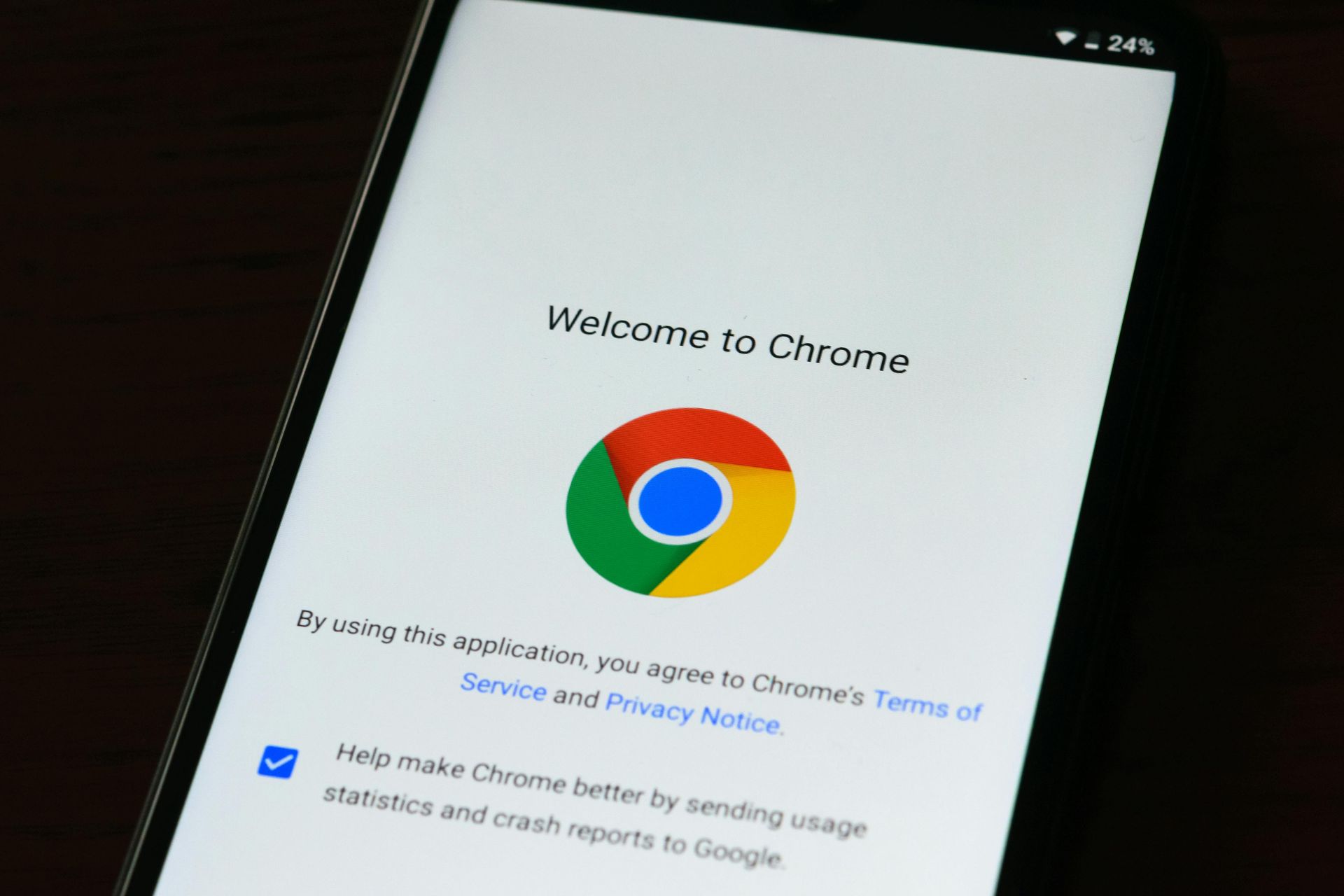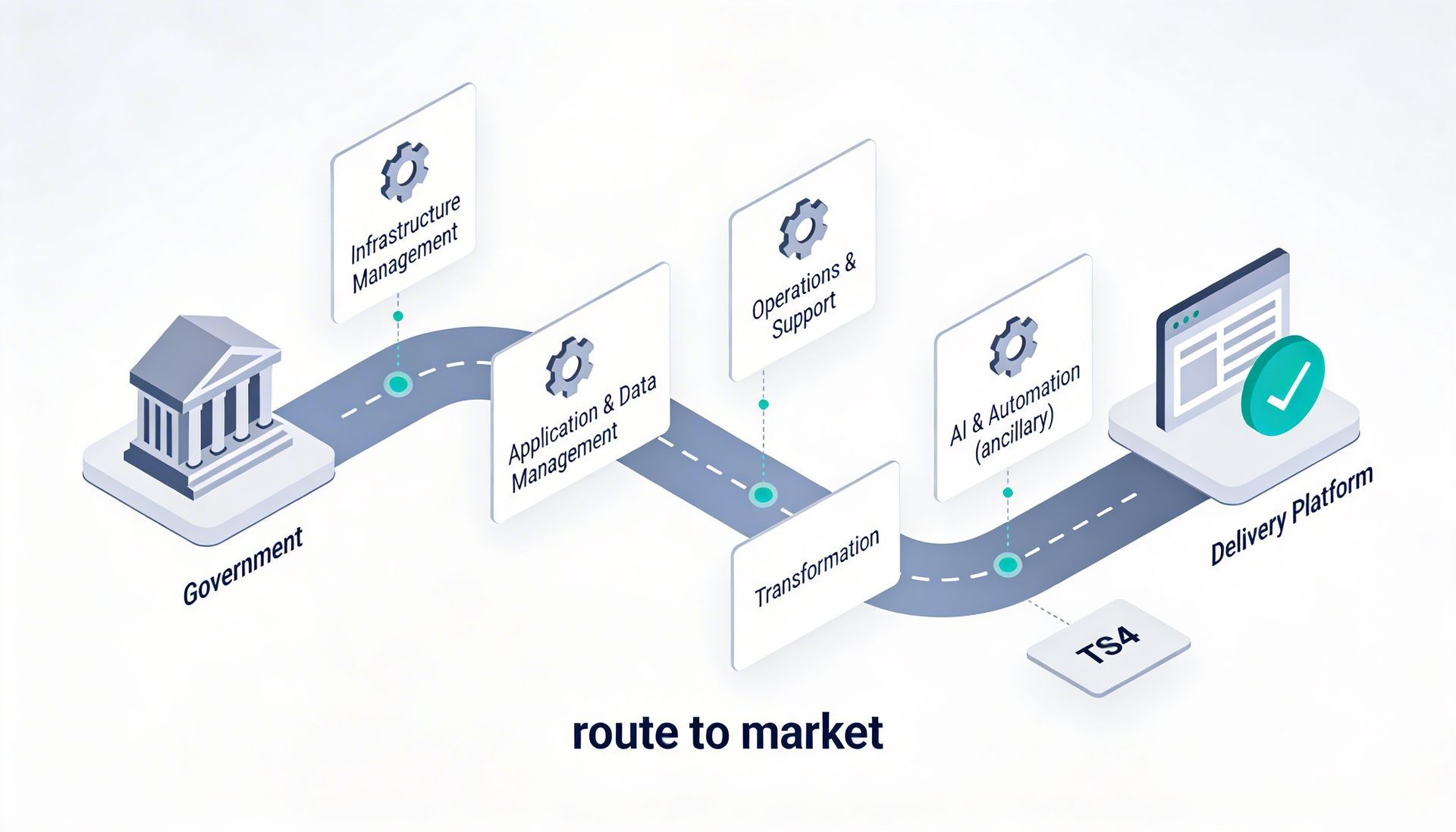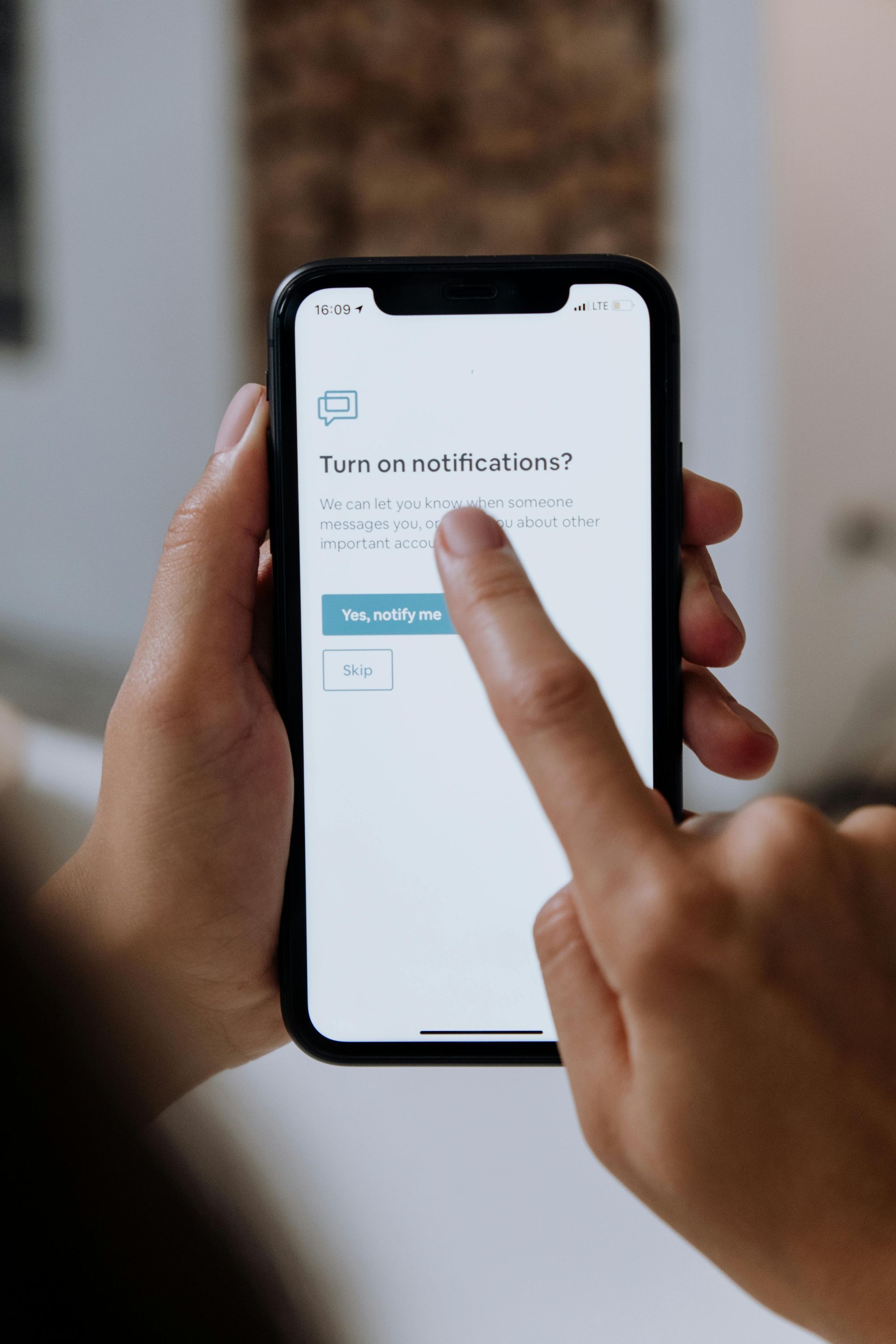Urgent Security Alert: Critical Chrome Vulnerability
Action Required: Update Your Chrome Browser Immediately
We're reaching out to alert you to a critical security vulnerability in Google Chrome that requires your immediate attention. Google has released an emergency security patch for a high-severity flaw that cybercriminals are already exploiting in the wild.

What's Happening?
Google has identified a serious vulnerability in Chrome's V8 JavaScript engine that could allow attackers to execute malicious code on your system simply by visiting a compromised website. This type of security flaw, known as a "type confusion" vulnerability, can potentially lead to:
- System crashes and instability
- Unauthorised access to your computer
- Data theft and privacy breaches
- Complete system compromise when combined with other attacks
The Risk is Real
This isn't a theoretical threat – Google's security team has confirmed that attackers are actively exploiting this vulnerability. The company's Threat Analysis Group, which tracks sophisticated criminal organisations and nation-state actors, discovered the flaw, suggesting it may be targeting high-value individuals and organisations.
Worryingly, this marks the sixth Chrome vulnerability exploited as a zero-day attack this year, highlighting the evolving threat landscape that organisations face daily.
Immediate Action Required
Check your Chrome version now and update if necessary:
- Open Chrome and type
chrome://settings/helpin the address bar - Check your version – you need version 140.0.7339.185/.186 (Windows/Mac) or 140.0.7339.185 (Linux)
- If you're not on the latest version, Chrome will automatically download the update
- Restart your browser when prompted to complete the installation
Why This Matters for Your Business
In today's threat environment, a single unpatched vulnerability can be the entry point for a devastating cyberattack. Modern criminals and state-sponsored groups are increasingly sophisticated, often chaining multiple vulnerabilities together to achieve complete system compromise.
This incident serves as a stark reminder that cybersecurity isn't just about having the right tools in place – it's about maintaining vigilance and ensuring rapid response to emerging threats.
Beyond Emergency Patches
While updating Chrome is the immediate priority, this incident highlights broader security considerations:
- Browser security is a critical component of your overall cybersecurity posture
- Rapid response capabilities are essential when zero-day vulnerabilities emerge
- Employee awareness remains crucial, as social engineering attacks often accompany technical exploits
- Layered security approaches can help contain threats even when individual components are compromised
Our Commitment to Your Security
At Altiatech, we monitor the threat landscape continuously to ensure our customers stay protected against emerging risks. Our security team tracks these developments in real-time and works to implement protective measures across our managed services.
If you need assistance with browser management, security assessments, or want to discuss strengthening your organisation's cybersecurity posture, our experts are here to help.
What's Next?
After updating Chrome, we recommend:
- Reviewing your patch management processes to ensure rapid deployment of critical updates
- Conducting security awareness training to help employees recognise potential threats
- Evaluating your incident response capabilities should a successful attack occur
- Assessing your current security infrastructure to identify potential vulnerabilities
Need Help?
If you have any concerns about your organisation's cybersecurity or need assistance with security assessments, please don't hesitate to contact our team. We're here to help protect your digital assets and maintain your business continuity.
Get in touch:
- Email: innovate@altiatech.com
- Phone: +44 (0)330 332 5482
Stay secure, stay protected.
Ready to move from ideas to delivery?
Whether you’re planning a cloud change, security uplift, cost governance initiative or a digital delivery programme, we can help you shape the scope and the right route to market.
Email:
innovate@altiatech.com or call
0330 332 5842 (Mon–Fri, 9am–5:30pm).
Main contact page: https://www.altiatech.com/contact













